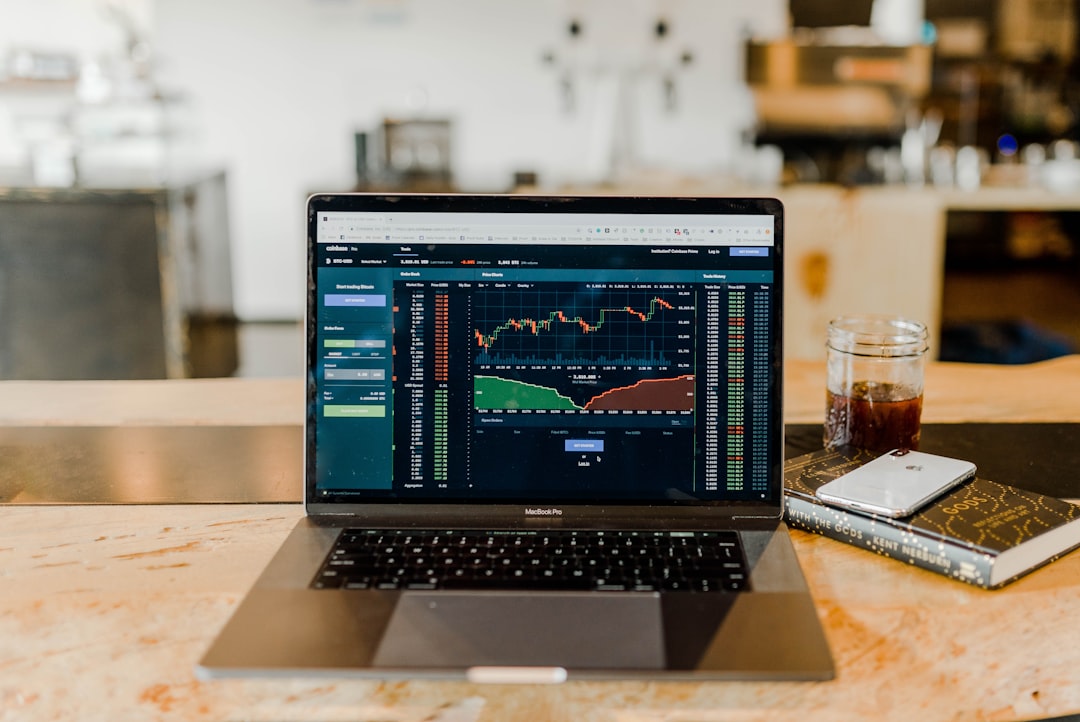
Unlocking Knowledge: Free Resources for Economic Education
## Introduction. In a rapidly changing world, understanding economics is more crucial than ever. Whether you are a student, a professional, or simply a curious person looking to expand your knowledge, free resources for economic education can help demystify the complex concepts that underpin financial markets and public policy. This comprehensive guide will explore various free resources, ranging from online courses to podcasts and eBooks, that provide valuable insights into economic principles, theories, and current issues. ## Online Courses and MOOCs. One of the most accessible ways to learn economics for free is through Massive Open Online Courses (MOOCs). These platforms offer a wide range of subjects tailored to different learning levels. Websites like Coursera, edX, and FutureLearn host courses from reputable universities such as MIT, Harvard, and Stanford. For instance, MIT's 'Principles of Microeconomics' is available for free on MIT OpenCourseWare. Through these courses, students can learn at their own pace, accessing lectures, assignments, and quizzes tailored to enhance their understanding of economic theories and applications. ## YouTube Educational Channels. YouTube isn’t just for entertainment; it is also a treasure trove of educational content. Numerous channels focus on economics and finance, providing detailed explanations in engaging formats. Channels like **Khan Academy**, **CrashCourse**, and **Economics Explained** delve into topics ranging from the basics of supply and demand to the intricacies of the global economy. These videos are a great way to visualize complex ideas and get a clearer understanding of economic processes and real-world applications. ## Podcasts and Audio Resources. For those who prefer auditory learning, there are several excellent economics podcasts available for free. Programs like **Freakonomics Radio**, **Planet Money** by NPR, and the **Economist Podcasts** offer insights into current economic events and discussions. They feature interviews with economists, policymakers, and industry experts, making economics relatable and digestible. Listening to these podcasts while commuting or exercising is a productive way to stay updated on economic trends. ## E-Books and Online Reading Material. Many organizations and institutions provide free e-books, research papers, and articles on various economic topics. Websites like **Project Gutenberg**, **Open Library**, and **Google Scholar** offer access to a wealth of literature ranging from classic economic texts to contemporary research. Many universities also publish their research and provide it to the public for free. Initiatives like the Federal Reserve's Economic Education page provide resources tailored for educators but are equally beneficial for learners outside of the classroom. ## Economic Databases and Tools. Data is paramount in the field of economics. Utilizing databases such as the **World Bank**, **International Monetary Fund (IMF)**, and the **Bureau of Economic Analysis (BEA)** can enhance your understanding of global economic indicators. These platforms provide economic data, reports, and statistics that are essential for understanding economic trends and developments. They also offer tools for analysis that can help users become proficient in interpreting economic data. ## Forums and Online Communities. Engaging with others can greatly enhance your learning experience. Online forums such as **Reddit**, particularly subreddits like r/economics, or **Quora**, offer platforms where you can ask questions, share insights, and learn from the experiences of others. Interacting with peers and experts can help clarify concepts and provide diverse perspectives on various economic issues. ## Conclusion. Economic education is essential in understanding how our world operates and the factors that influence it. With a plethora of free resources available, anyone interested in economics can access valuable information and improve their knowledge base. From online courses and YouTube videos to podcasts, eBooks, and data resources, the options are extensive. Making use of these resources can pave the way for informed discussions about economic principles and policies, enriching both personal and professional life. By taking advantage of these free tools, learners of all ages can enhance their economic literacy and develop the analytical skills necessary to navigate an increasingly complex economic landscape. .









